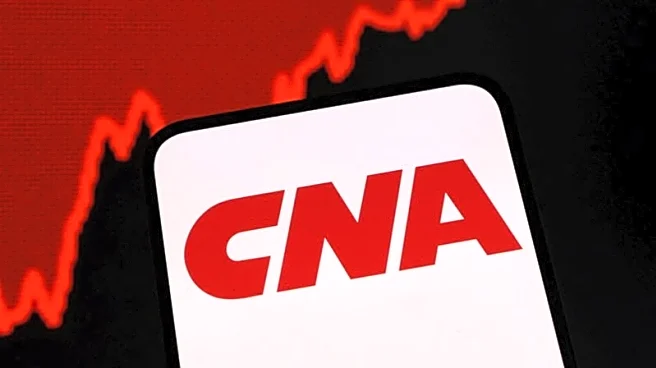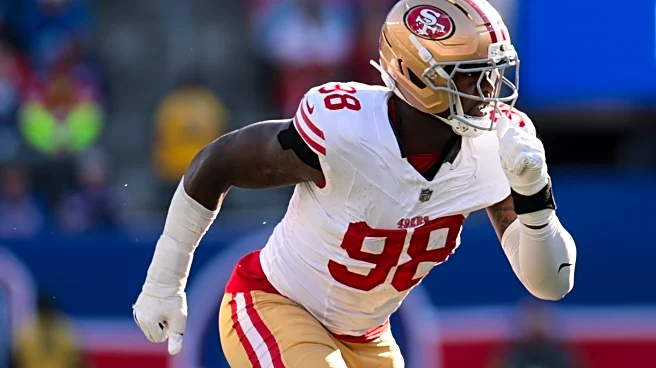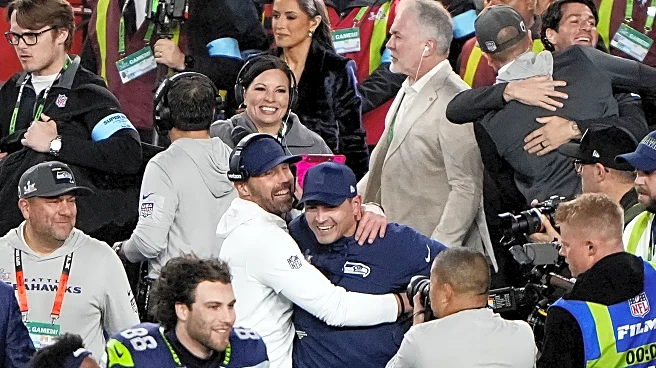Rapid Read • 8 min read
The U.S. Court of Appeals for the Eleventh Circuit has upheld the dismissal of a lawsuit against swimwear brand Luli Fama and several influencers, accused of misleading consumers by promoting products on Instagram without disclosing paid endorsements. The case, initiated by Alin Pop in 2022, claimed that influencers such as Tequila Taylor and Cindy Prado deceived consumers by posting undisclosed sponsored content, leading Pop to purchase swimwear under false pretenses. The court found that Pop's allegations resembled a fraud case but failed to meet the strict requirements for pleading fraud, which necessitate detailed specifics about the alleged misconduct. The court emphasized that while undisclosed endorsements can support consumer fraud claims, plaintiffs must demonstrate concrete links between the posts and consumer harm.
AD
This ruling underscores the legal complexities surrounding influencer marketing and the importance of transparency in advertising. The decision highlights the tension between FTC endorsement guidelines, which require disclosure of paid relationships, and the legal standards for proving fraud. Brands and influencers face potential legal risks if they fail to disclose paid endorsements, but challenging such practices in court requires precise allegations. The case serves as a reminder that while influencer promotions are subject to scrutiny, vague allegations without detailed evidence are unlikely to succeed. This could impact how brands and influencers approach marketing strategies, emphasizing the need for clear disclosure to avoid legal pitfalls.
The court's decision may prompt brands and influencers to reassess their marketing practices to ensure compliance with FTC guidelines and avoid potential legal challenges. As influencer marketing continues to grow, legal exposure for influencers may increase, necessitating more stringent adherence to disclosure rules. Brands might also consider implementing more robust compliance measures to mitigate risks associated with undisclosed endorsements. The ruling could lead to further legal scrutiny of influencer marketing practices, potentially influencing future cases and regulatory actions.
The case highlights broader implications for the influencer marketing industry, including ethical considerations around transparency and consumer trust. As influencers play a significant role in brand-building, their accountability in advertising practices becomes increasingly important. The decision may encourage a shift towards more ethical marketing strategies, fostering greater consumer confidence in influencer recommendations. Additionally, the ruling could influence legislative efforts to strengthen advertising regulations and protect consumers from deceptive practices.
AD
More Stories You Might Enjoy












